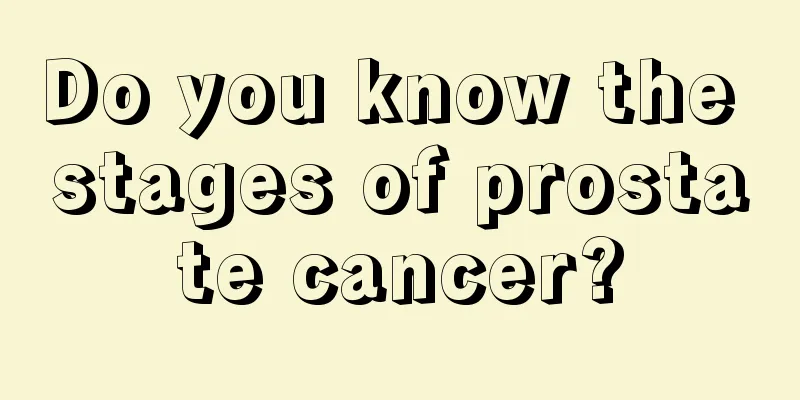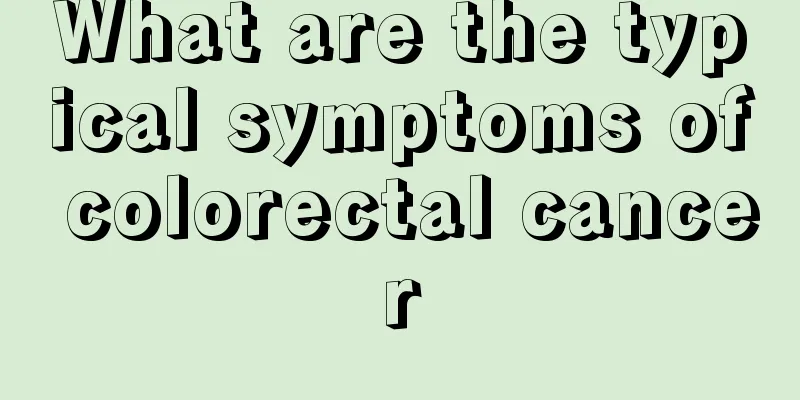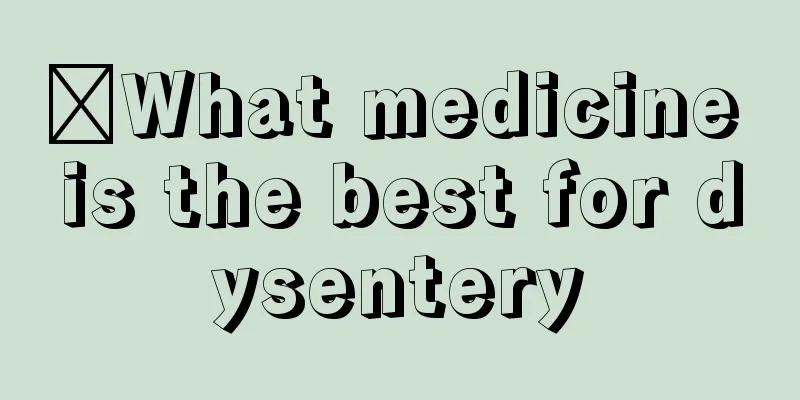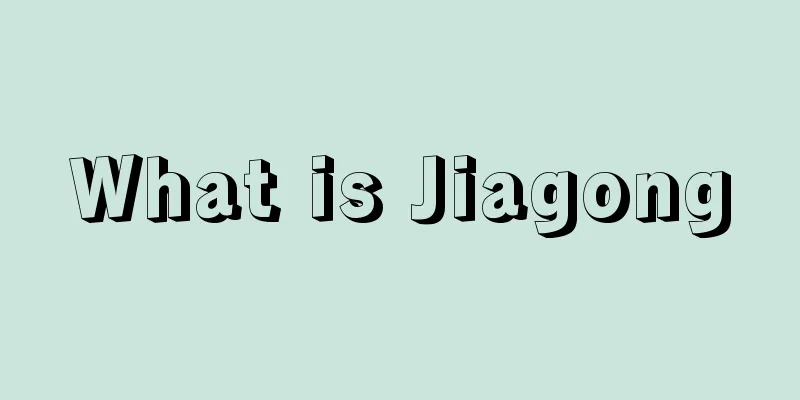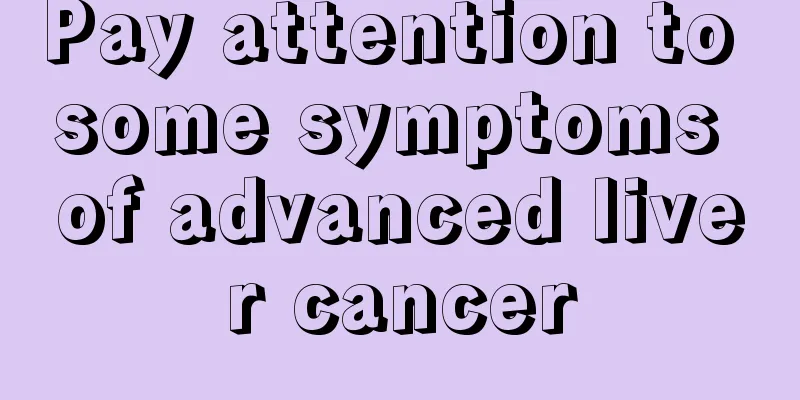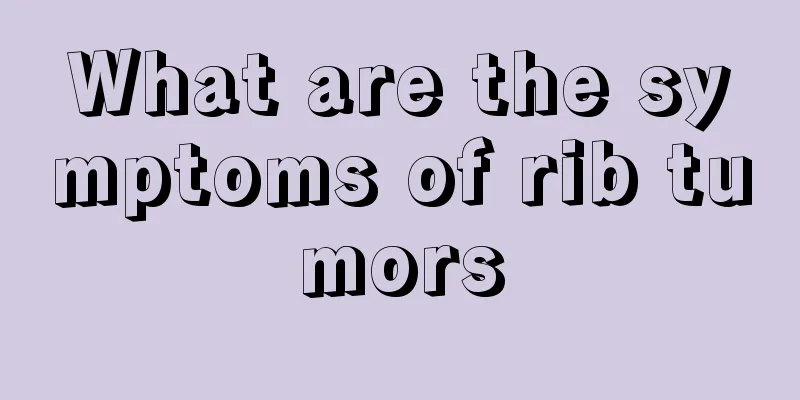I have a headache after taking antihypertensive medicine
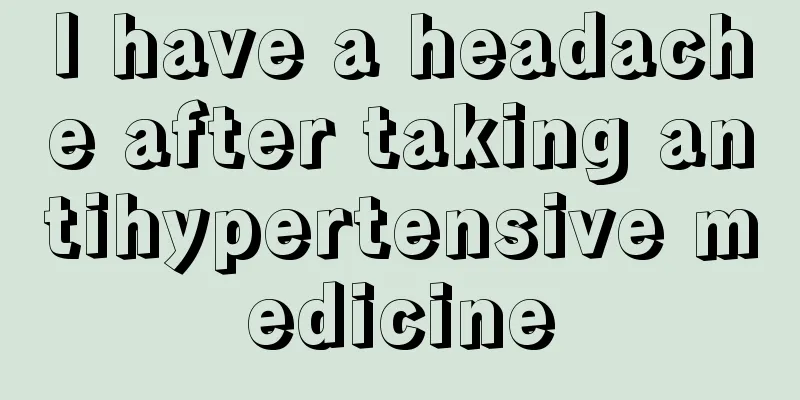
|
Antihypertensive drugs are a type of drug that people are very familiar with and are often used by people with high blood pressure. However, there are many types of antihypertensive drugs, and people will experience various reactions after taking them. Therefore, it is usually important to note that before taking antihypertensive drugs, you should research whether the antihypertensive drugs are suitable for your physical condition. So is it normal to get a headache when taking blood pressure medication? 1. Is it normal to have a headache after taking blood pressure medication? Not normal. The following are the reasons why you may get a headache while taking antihypertensive drugs: The medicine is wrong. Common antihypertensive drugs such as dihydrotestosterone block the influx of calcium ions into the myocardium or smooth muscle, dilate blood vessels and thus lower blood pressure. If the drug causes excessive stretching of the pain receptors on the walls of cerebral blood vessels, it will produce chemical stimulation to the meninges and induce headaches, which is medically known as vasodilatory headaches. If it is determined that the condition is caused by drugs, you can first change the dosage form as prescribed by your doctor, such as using sustained-release tablets or control tablets. If the condition is still not relieved, you can change the type of drug as prescribed by your doctor. Dropping too fast. Patients with long-term high blood pressure usually don't feel anything after adapting. If blood pressure drops rapidly and the brain cannot adapt in the short term, symptoms similar to cerebral ischemia will appear, that is, patients will often experience dizziness, headaches, etc. For such patients, blood pressure can be gradually controlled by adjusting the dosage of medication. For example, if the original one week is required to return to normal, the time limit can be extended to two weeks. 2. Do antihypertensive drugs affect men's sexual function? 25% of patients taking antihypertensive drugs have ED, while only 7% of healthy people who do not take drugs have ED. In addition, 25% of people taking antihypertensive drugs experience ejaculation disorders. Reserpine, guanethidine, and clonidine all affect the nervous system, ultimately leading to ED. 3. Misconceptions about taking antihypertensive drugs Taking blood pressure medication too early may make it ineffective later When many people are diagnosed with high blood pressure, the first thing they do is not to take medicine, but to think that they can bear it themselves. If you take the medicine too early, there will be no way to treat it when the condition becomes serious. This kind of thinking is absolutely wrong and we must correct it. Once hypertension worsens, many consequences are unpredictable, so timely treatment is necessary if it is discovered in time. Antihypertensive drugs affect liver and kidney function Some people think that although taking medicine can cure diseases, it will put a burden on the body, so they always take medicine on their own initiative and stop taking it for a while. In fact, there is no need to worry about this. The side effects of antihypertensive drugs are generally small and will not cause too much harm to the body. The harm of not taking antihypertensive drugs is actually greater. Health products have a blood pressure lowering effect There are many health products on the market now, which also claim to have the effect of lowering blood pressure. In fact, the effect of health products is very difficult to confirm and is very weak. Therefore, if you really want to achieve the goal of lowering blood pressure, you must take regular antihypertensive drugs and cannot rely solely on health supplements. What are the blood pressure medications? Calcium channel blockers, the representative drug is nifedipine, which has a significant antihypertensive effect on mild, moderate and severe hypertension. The higher the blood pressure, the more obvious the effect, but it does not lower normal blood pressure. Diuretics are often used in combination with other antihypertensive drugs to treat moderate to severe hypertension, especially for patients with high blood volume. β-receptor blockers, the representative drug is metoprolol. It can not only prevent and treat hypertension, but also treat angina pectoris, especially for patients with myocardial infarction, to prevent re-infarction; young people with hypertension have a fast heart rate and a large cardiac output, and taking the medicine can significantly slow down their heart rate and lower their blood pressure; the reduction in diastolic blood pressure is more obvious than that in systolic blood pressure, so it is suitable for treating hypertensive patients with isolated high diastolic blood pressure, or combined with other types of antihypertensive drugs to treat hypertensive patients with both high systolic and diastolic blood pressure. Angiotensin converting enzyme inhibitors, the representative drug is captopril. It can significantly reduce mild and moderate hypertension; when used in combination with other drugs, it also has a good antihypertensive effect on severe hypertension, especially for patients with vascular stenosis. Angiotensin II receptor 1 antagonists, the representative drug is losartan, and their indications are the same as those of angiotensin converting enzyme inhibitors. Their outstanding advantages are fewer adverse reactions such as cough and good drug tolerance. How to reduce the side effects of long-term antihypertensive drugs 1. Use long-acting antihypertensive drugs as much as possible. Generally speaking, short-acting antihypertensive drugs have relatively greater side effects, while long-acting drugs have relatively smaller side effects. 2. Start with as small a dose as possible. The larger the drug dosage, the greater the side effects; and for some drugs, simply increasing the dosage may not increase the efficacy, but may only increase the side effects. 3. If blood pressure is not lowered ideally, try using several drugs in combination. Small-dose combination therapy may add to the therapeutic effects while minimizing side effects, or restrict the occurrence of side effects. 4. If the side effects are obvious, you can stop taking the drug and ask your doctor to switch to another antihypertensive drug with fewer side effects. 5. Use Chinese medicine for intervention treatment. If the blood pressure is not very high, within 150/95 mmHg, or the blood pressure has dropped to the normal range or close to the normal range after treatment of hypertension, you can switch to Chinese medicine treatment to stabilize the blood pressure. |
<<: The blood pressure lowering principle of antihypertensive drugs
>>: Headache after taking blood pressure medicine
Recommend
What to do if the ear is festering
Ears help people hear sounds. If there are no ear...
Experts remind that the symptoms of early gastric cancer are as follows
The earlier gastric cancer is treated, the better...
Long-term unilateral nasal congestion
Nasal congestion is a very troublesome problem, b...
Are coix seeds and barley the same?
Many people think that there is a big difference ...
What to do if there is no embryo in the early stage of pregnancy? Expectant mothers must remember
The early stages of pregnancy are a period of bot...
How to treat bad breath caused by frequent mouth inflammation
In life, our mouths may get inflamed due to some ...
How to prevent ovarian cancer recurrence
We all have a good understanding of ovarian cance...
Being fat is not a blessing. Ten types of obesity are prone to cancer.
When it comes to obesity, the first diseases that...
How to check if it is brain cancer
How to check if it is brain cancer? Brain cancer ...
What diseases cause joint pain all over the body
Joints are important parts of the human body and ...
Can pregnant women eat chicken head rice?
Chicken head rice is fresh water chestnut. In add...
I have severe diarrhea and keep passing water
It is already very uncomfortable for an adult to ...
Blackhead-like things grow on my body
Sometimes, we find many small black spots on our ...
Is cupping effective for a cold
There are many ways to treat the common cold, and...
Shouxian Valley Ganoderma Lucidum Spore Powder
Shouxiangu Ganoderma lucidum spore powder can imp...
